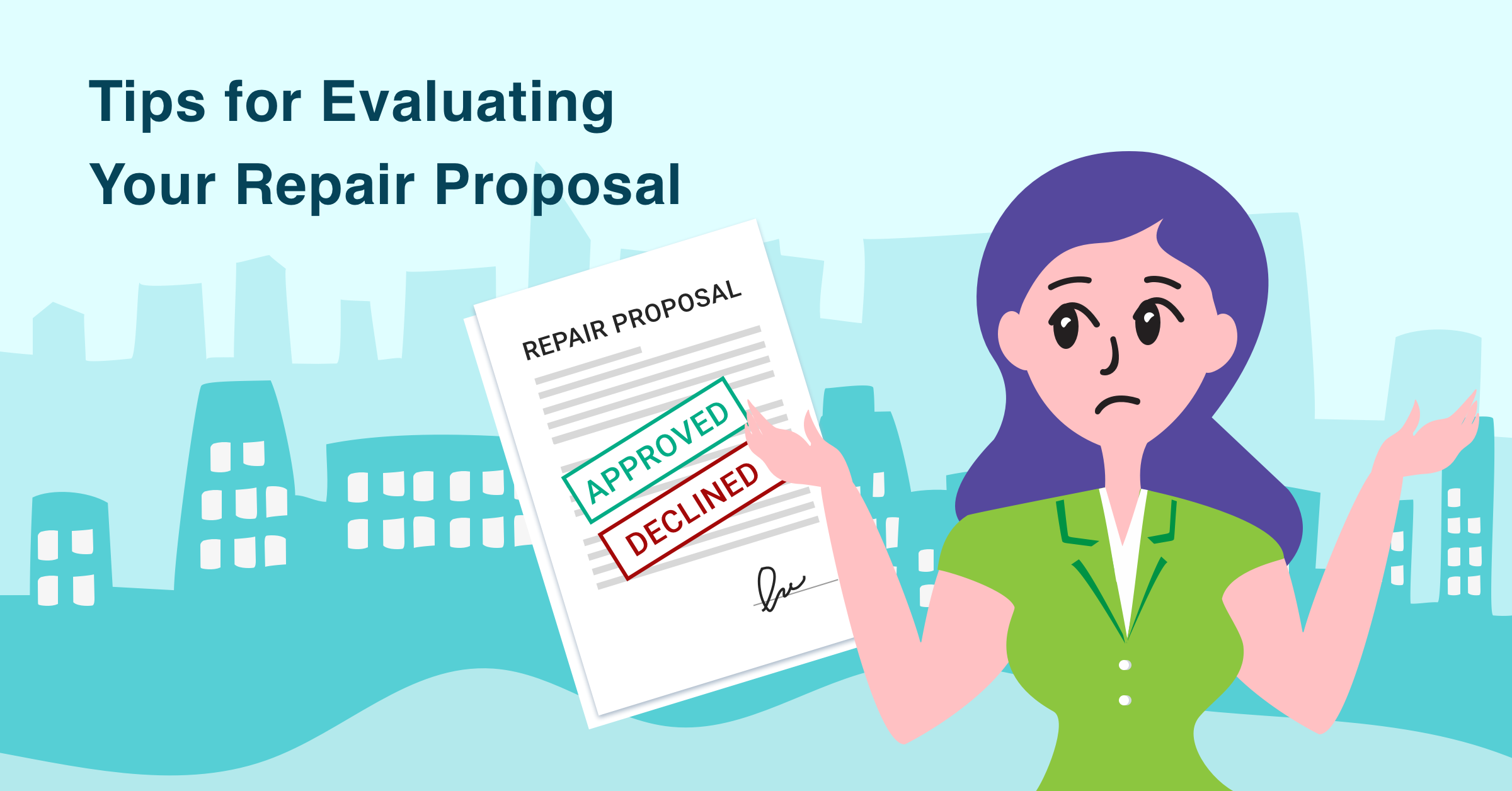Tips for Evaluating Your Elevator Repair Proposal
No doubt, receiving a repair proposal can result in sticker shock. According to Forbes 20 High Paying Blue-Collar Jobs, elevator installers and technicians top the charts as the highest-paid tradespeople. Plus, many of the repairs require two people, which doubles the cost!
Like elevator maintenance contracts, elevator repair and upgrade proposals can be vague and confusing. So whether you’ve requested a proposal or unexpectedly received one from your vendor, here are some questions that should be answered prior to signing the proposal.
1. Should this be covered under my maintenance agreement?
If you have a full-service elevator maintenance agreement that covers major and minor repairs, most repairs should be covered. The majority of service agreements will have a list of exclusions, including aesthetic components (door panels, sills, cabs), vandalism, abuse, misuse, acts of god (water, heat, natural disasters), incoming power issues, etc. Service contracts will not include upgrades or new features, so if you’ve requested an out-of-scope repair or upgrade, you’ll need a proposal.
If you’ve received a proposal from the vendor unexpectedly, make sure to review both the covered and excluded components within your contract.
2. Has the vendor provided obsolescence documentation?
Obsolescence is defined as a component that is no longer manufactured. If the vendor is citing the component needing repair as obsolete and therefore not covered by your contract, they need to provide supporting documentation, e.g. a letter from the OEM stating the part has been discontinued or no longer supported, including the part # referenced. Also, if the part is no longer manufactured, make sure that you’re not paying for its required labor. You should only pay for the labor that’s over and above what the original repair would have been if the part was not obsolete.
Check the exact obsolescence language in your contract to ensure you’re only paying for what you have to.
3. Does the proposal give a clear and complete description of the scope of work?
A detailed repair proposal should include the exact scope of repair work. This provides specific information on exactly what work is being completed and how it may impact the traffic in your building. Will the elevator be out of commission for 1 day or 10 days? Does the adjacent elevator also need to be out of commission to safely complete the work? It can be intimidating to review the scope of work that may be unfamiliar to you. Therefore, it’s important to receive all details prior to signing the agreement so you can understand the impact on your building.
4. Does the proposal state the labor rate, the number of man-hours required, and the material pricing?
All proposals should list included man-hours, the price per hour, and material fees. If your proposal does not include a full breakdown, request it from your vendor. It’s your right as a customer to understand each cost associated with the repair.
5. And most importantly, do all these things align with the rates stated in your maintenance contract?
Compare your repair proposal to your maintenance contract:
- Labor rates
- Material fees – some contracts cite a maximum parts increase
- Covered/excluded items
- Obsolescence language
Yes, you may need the repair, but you are not powerless! You are the customer—challenging price is just smart. Honoring long-standing relationships, extending your maintenance contract term for a price reduction, and bundling of business for price concessions are all things that give you leverage. Also, this is a great time to evaluate how your vendor has performed in the past. If they haven’t been up to par, then rewarding them with a high-margin repair may not be the best approach.
While this all can seem overwhelming, doing the due diligence here can save you thousands of dollars and ensure you get a fair price and scope.
If you’d like the experts here at AuditMate to help you navigate this, just reach out. Let us do the heavy lifting.
Reference: https://www.forbes.com/pictures/efkk45ieei/20-high-paying-blue-collar-jobs/#2a599777664a

